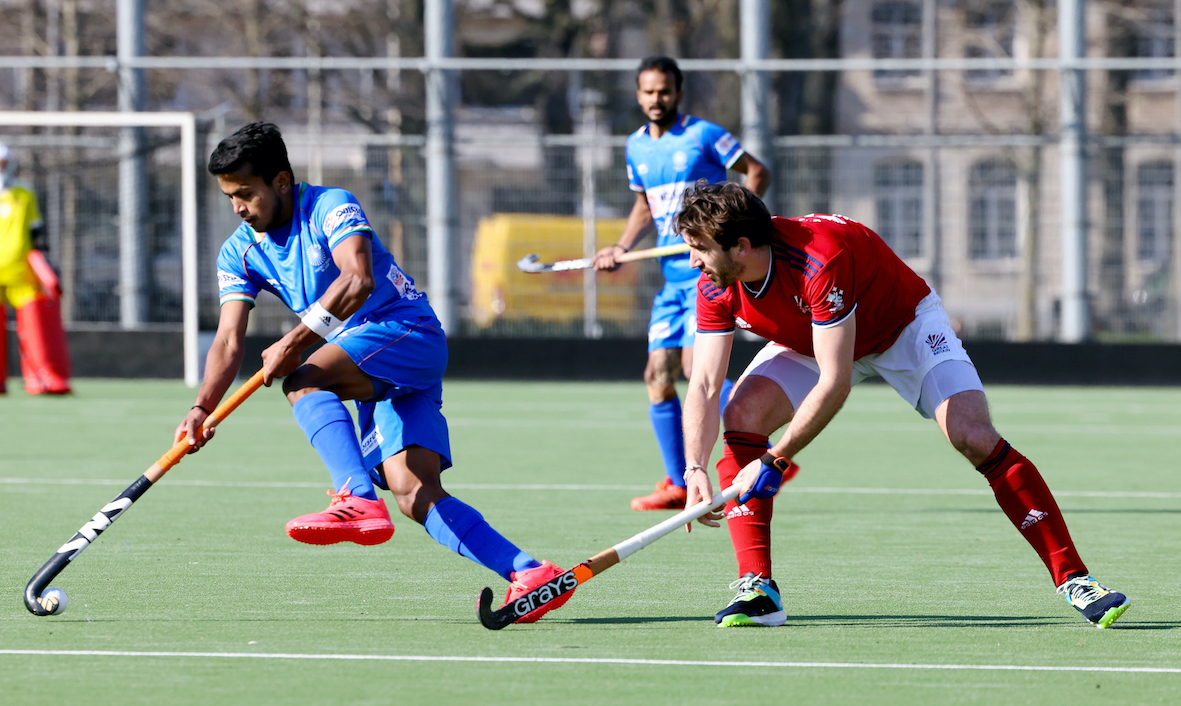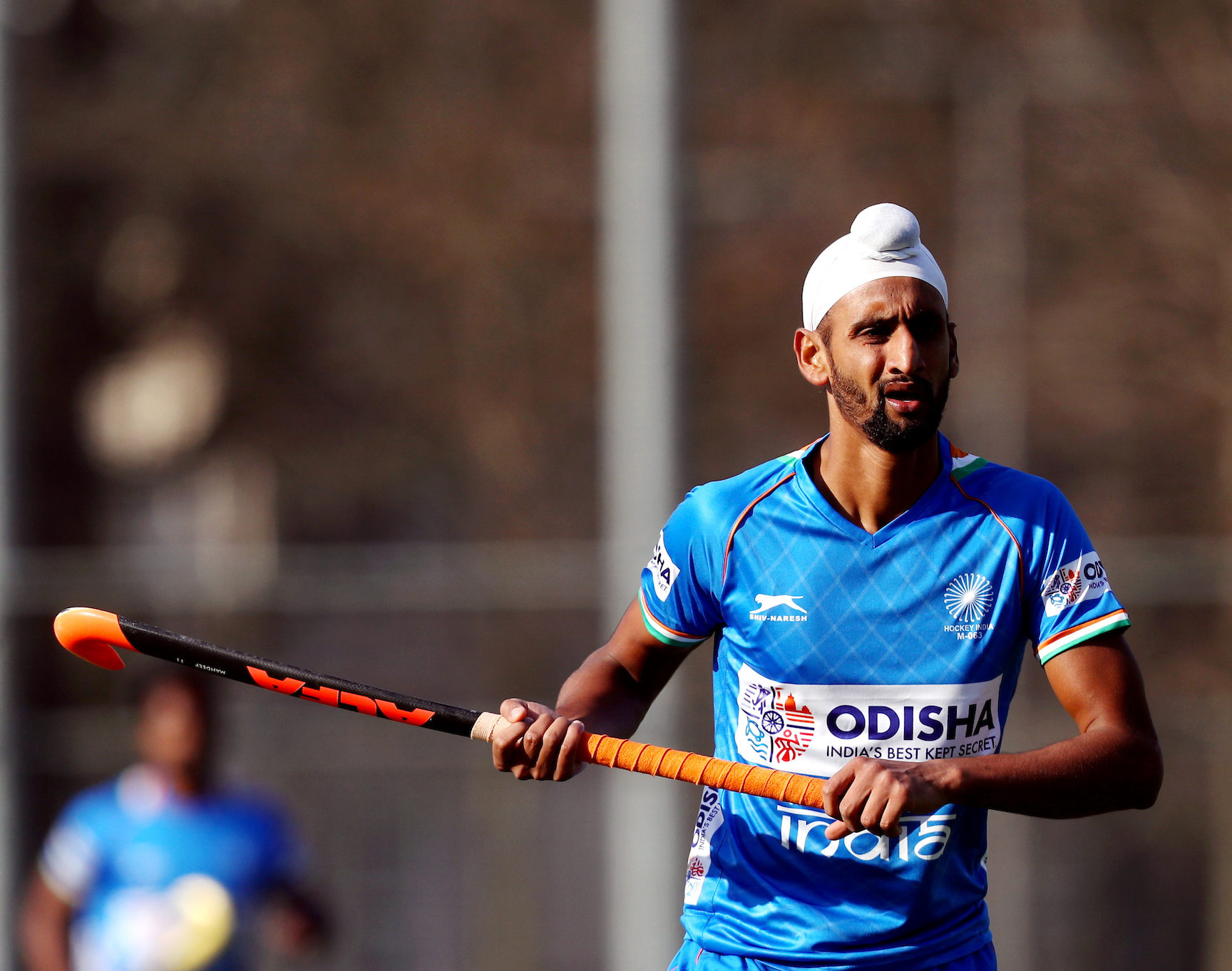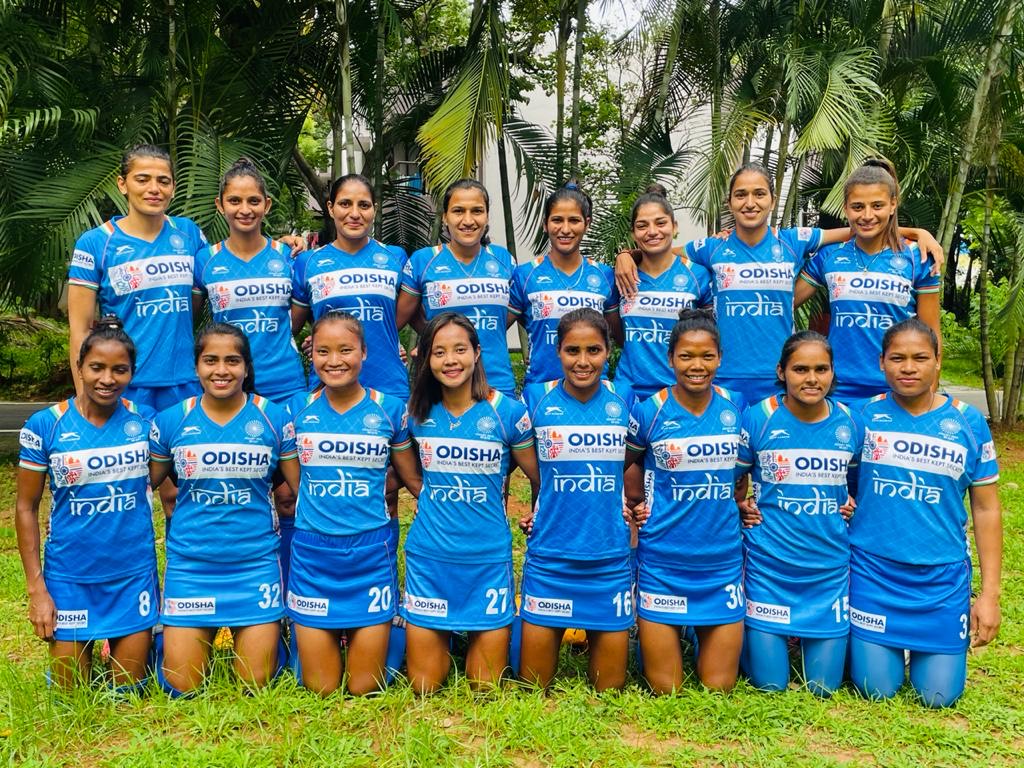It is a story that we will all want to tell our grandchildren. For sure. But it is a story that we are hoping will inspire India to invest more in Olympic sport. The highly emotional bronze medal that the men’s hockey team won with a 5-4 win against Germany in Tokyo on Thursday is a huge statement not only for the ball-and-stick game but for all Olympic sport in India.
It was heartening to watch an Indian team overturn a two-goal margin and come up trumps. Most fans had their hearts in their mouths when India conceded a penalty corner in the final minute and it is a good wager that many minds saw replays from the past when India would lose from the threshold of victory.
For all that, Manpreet Singh’s team had great Attitude, enormous Belief, boundless Courage and seemed to be blessed by Destiny. Pushed to the wall, the Indians fought admirably without letting thoughts of a defeat fetter their legs; and they were unafraid of the intensely physical nature of the contest.
Fate had its soft signature in India’s campaign, with Simranjeet Singh scoring two goals in the bronze medal play-off. He had not made the original squad of 16 but flew to Tokyo after the International Olympic Committee accepted the International Hockey Federation’s recommendation to allow team to include two reserves each.
For him to first swallow the bitter pill and then embrace the stroke of luck with both hands will always be memorable. He showcased a fine sense of placement and opportunism in landing two strikes on Thursday as India rallied from a 1-3 deficit to open up a 5-3 lead over the Germans.
Was it too good to last? Would the Indian sustain the German onslaught in the final quarter? The Germans pitched camp in the Indian half, even at the cost of letting their goal be unattended as they pulled the custodian Alexander Stadler out to find attacking reinforcements. Yet, India held on, overcoming an error of time-keeping by the match officials.
It was not just the formidable Germans alone that this Indian team was fighting. It was up against the massive challenge that the country’s rich legacy in hockey presented it. The players had to work to avoid the weight of hoary tradition the rest on its shoulders. Wondering why the fabulous record in Olympic hockey would be an additional factor?
Each time the eight gold medals that Indian hockey teams had won in Olympic competitions was mentioned, they brought along memories of an inability of squads to make it to the successive semi-finals in Olympic Games not affected by political boycotts. Worse, it came with images of bickering egos, internal strife, issues with coaching staff and more.
In fact, India suffered the ignominy of not qualifying for the 2008 Olympic Games in Beijing. It was a wake-up call of the worst kind. For a country that hurt when the team did not qualify for the Olympic semi-finals since 1972 – the boycott-marred 1980 Games was a six-team round robin event – this devastating, the equivalent of a Tsunami.
It led to influential folk in the Indian Olympic Association wanting change in the way hockey was run. Hockey India’s arrival sparked a bitter battle with the Indian Hockey Federation for the right to administer the game. And after winning it, Hockey India put its best foot forward to ensure that the teams would compete with the best in the world and play fearless hockey.
The change in mindset, ushered in over a number of years is one of the most significant developments. And that was in never more in evidence than when India was trailing Germany 1-3 on Thursday. The never-say-die approach surfaced and the team quickly scored three goals to take the lead and stun a team whose predecessors would often turn the tables on India.
The stability in the present team and the coaching staff from the time Graham Reid took over the reins of the squad has been of great value. Perhaps forced by the outbreak of the Covid-19 pandemic, the team has spent more time together than it may have otherwise. The manner in which its players have had one another’s backs is a delightful commentary on the spirit.
The camaraderie was important as the team could ill-afford to have anyone performing below potential because his ego came in the way. The manner in which the squad pressed forward to the common goal was refreshing, especially to those who have seen more talented athletes fall prey to vanity, and exemplary to youngsters glued to their screens and the edge of their seats.
Is it a new dawn? It would be tempting to answer in the affirmative, but the truth is that this is a culmination of years of planning and hard work. For this medal to have a long-term impact on the sport, the administration across the country – not just as the National level – will have to recalibrate its approach and build on the gains by getting more children to take up hockey.
That is best taken up on another day. For the moment, savour images of the heroics – Sreejesh using his anticipation and reflexes to defy his 35 years, Amit Rohidas rushing out unhesitatingly during penalty corner defence, Harmanpreet Singh and Rupinder Pal Singh scoring set-piece goals, and skipper Manpreet Singh letting Hardik Singh and Nilakanta Sharma play pivotal roles. And Simranjeet scoring when it mattered the most.
More than any of those, the sight of the team and the support staff getting together on the pitch to celebrate together will stay in the minds for a long time. The magic of team work, held together by belief and courage, will linger and hopefully resonate with a lot more people beyond the realms of sport. And that would be the team’s biggest gift to the nation.
This piece was first published in The Quint on August 7, 2021



A huge lump in the throat with clenching teeth every second I reminisce Tokyo Bronze.
No words, Sir. Silent tears. In many ways, I feel my life is completed.
Hockey Mera Jaan, Mera Bharat Mahan. 🏑🇮🇳🙏